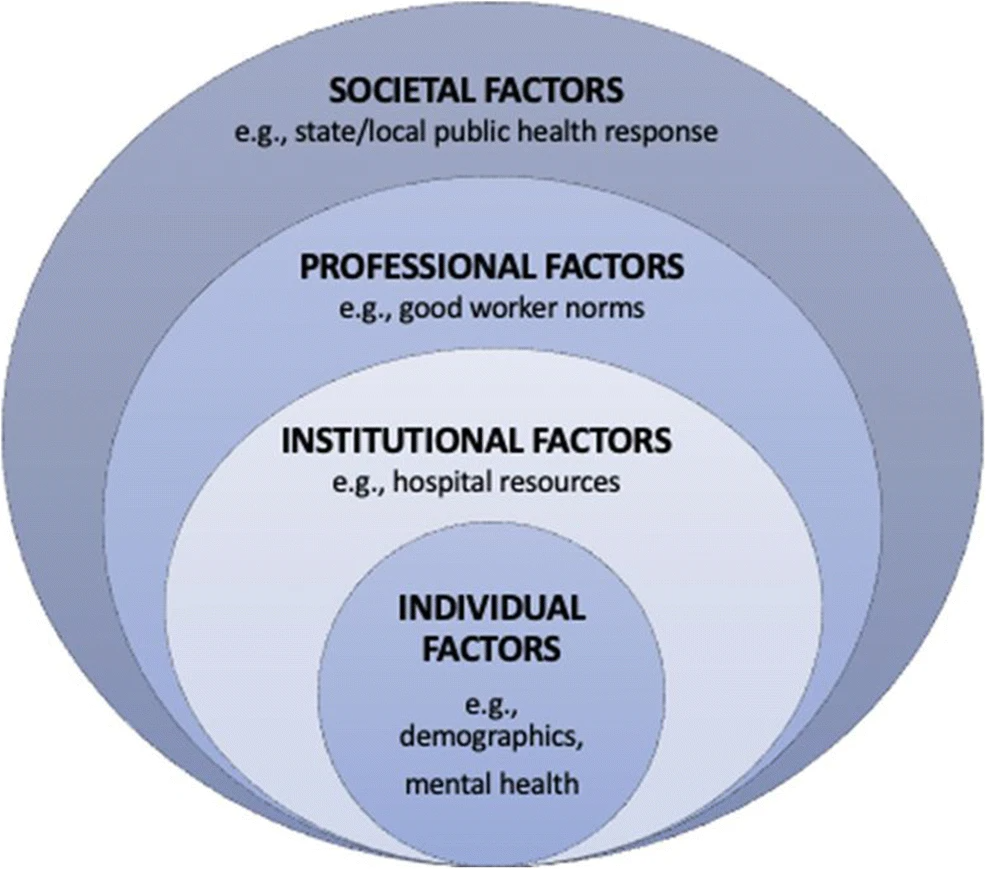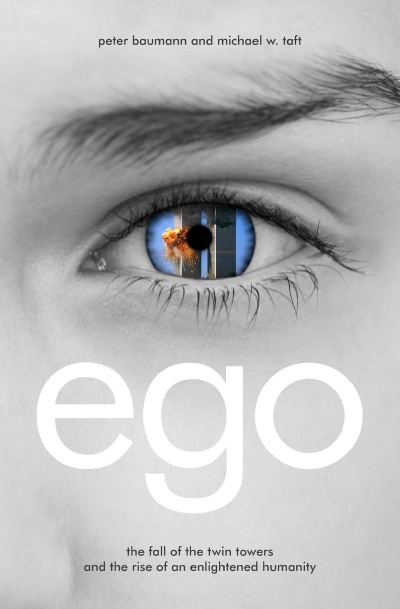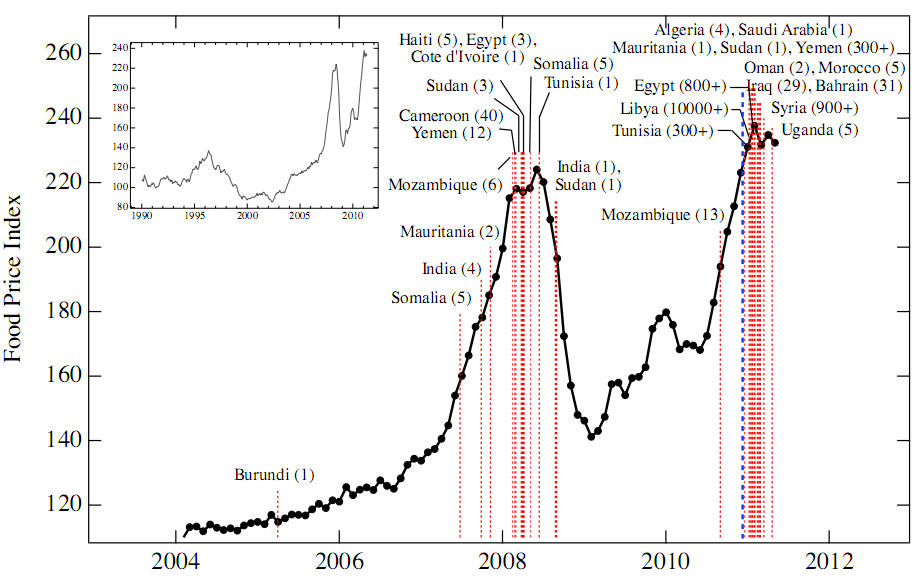'Creationism' is a confusing term. In science, militant atheists will intentionally call all religious people 'creationists' and then complain creationists are anti-science, even about the religious people who are not anti-science at all. 'Young Earth' creationists think we were created in whole form 6,000 or so years ago and believe paleontology and biology are some test of faith but commingling the terms is intellectually dishonest. Politics makes even otherwise smart scientists do bad things.
One of the stranger claims of anti-science hippies is that there is not only a difference between 'organic' food (and apparently 'inorganic' food, whatever that could be) in structure - and if you believe that, go read Huffington Post, I won't take it personally - but also in nutrition.
Journalism as an occupation with ethical standards was a 20th century invention. For a brief, shining moment in time, journalists were interested in truth and newspapers flourished. Truth is subjective, of course, and so are editors who set the tone of newspapers and during the time when the press had power across all society, editors were on the left and the right. Newspapers reached everyone, multiple times each day.
Today, the 'fourth estate', as Edmund Burke termed it in the 18th century, still has considerable power - it makes presidents and brings down companies - but it is less trusted than it was two generations ago.
Why would Mohamed Atta graciously let a car rental agent know the check oil light was on in the car he returned and then help crash a plane full of people and fuel into the World Trade Center on Sept. 11, 2001, an act of simple religious hatred?
It's a puzzle of psychology. The ability to deal kindly with people on an individual level and then demonize them when they are in a group has been a longstanding mystery. Group behavior, being social, obviously had benefits for early man; trying to live without a group was practically a death sentence even when an 'individual' victory in ways large and small was absolutely necessary for survival.
There's long been a maddening belief by a subset of psychologists who have never actually been to the Eastern part of the world that Asia is some collectivist Utopia.
When it comes to inflated self-importance - hubris, even - some research contends, there is more of it in the west because Western culture prides itself on independence, personal success and uniqueness while in the East where harmony and belonging are supposedly valued, people are more modest.
Complexity theorists have some bad news for people who insist that unless it carries an organic label, food is evil; a group from the New England Complex Systems Institute says they've discovered what will trigger riots around the world in under two years. It's the price of food and when it rises above the threshold they list for instability, social unrest will sweep the planet.
 45 Percent Of People Try Diets And That's A Good Thing, Even If They Fail
45 Percent Of People Try Diets And That's A Good Thing, Even If They Fail Declaring War On Frappuccino And Diet Soda Is Not A Valid Government Nutrition Guideline
Declaring War On Frappuccino And Diet Soda Is Not A Valid Government Nutrition Guideline Physician Burnout Is Common - And Informal Rationing Is One Big Cause
Physician Burnout Is Common - And Informal Rationing Is One Big Cause Cancel Culture Prevents The Best Researchers From Engaging With The Food Industry
Cancel Culture Prevents The Best Researchers From Engaging With The Food Industry











